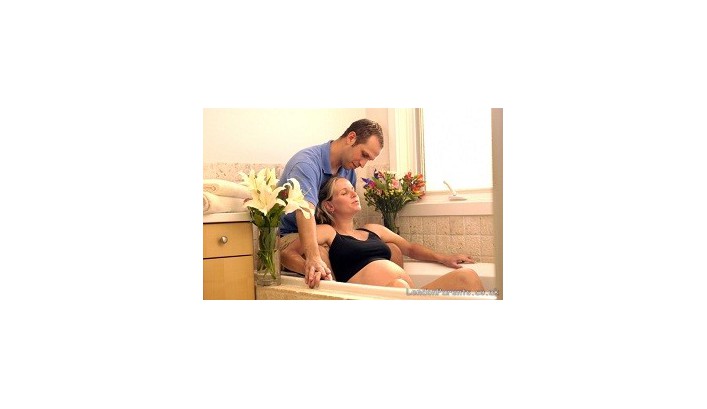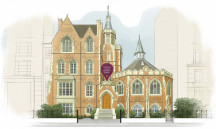Article Categories
News
-
20 July
-
04 November
-
10 July
-
12 June
-
05 June
-
24 September
-
19 September
-
10 May
-
26 April
Website Categories

Home birth – the facts
Most of us choose to go to hospital to have our baby without even considering the option of a home birth. Yet the NHS claims it is committed to supporting home births (although this stance may differ across the UK), and research shows that for the minority of women
- less than three per cent – who currently go for this option, the familiarity of a home environment results in the need for less intervention or pain-relieving drugs.
Studies also show that for women who have had a low-risk pregnancy, a planned home birth is as safe as a hospital birth. And, according to the National Childbirth Trust’s home birth coordinator, Angela Horn, women tend to cope with labour best in the home environment rather than at hospital.
“In hospital, the odds of a natural birth are stacked against you – you are in an 8ft by 8ft room with a bed in the middle and it’s not so easy to keep mobile,” says Angela. Dashing off to hospital can also trigger the ‘flight and fright’ hormones, which slow labour down, resulting in more intervention. “At home you can potter around, you know where you are and nowhere is out of bounds. You are on your own territory and the midwives are your guests. You are absolutely in control.”
Melanie Every, a senior midwife at the Royal College of Midwives advises women to talk to other people – such as friends who have had children, doctors, midwives and support groups like the NCT – about the pros and cons of a home versus hospital birth. Melanie then suggests that you relate the findings to your personal circumstances – looking at any pregnancy complications and your home situation, such as how much support you’ll get from your partner, before making a decision.
“It used to be questioned whether first-time mums should plan a home birth, because until they’d had a normal delivery, it was uncertain how well their labour would progress,” Melanie says. “But the majority are normal births. First-time labours do tend to be longer and can require more pain relief, and sometimes planned home births are transferred to hospital for an epidural.”
A home birth also keeps you away from the hustle and bustle of hospitals. As Melanie points out, “Hospitals are busy places and there are other babies besides your own.”
Home vs hospital – the pros and cons
Home birth
Pros
Giving birth in a familiar environment
You feel more in control and relaxed
You don’t have to move once labour pains have started
You can have visitors whenever you like
Cons
You’re a car or ambulance ride away if there are complications
You’ll need extra support from GP, midwives, partner
You need to be prepared with plastic sheeting, towels, sheets etc
You can’t have an epidural
Hospital birth
Pros
All types of pain relief available
In an emergency, you can be helped immediately
You may be able to stay for a couple of days after the birth to recover
You don’t have to look after your other children
Cons
You may have more intervention than you’d wished
You may not meet your midwife until labour day
You may have more than one midwife during changing shifts
You may find it hard to rest on a busy ward
How to organise a home birth
If you do decide to go for a home birth, you should be aware that your local health authority might not support your decision so you may need to be assertive to get what you want. However, it is your right to have a baby at home if you so wish and you don’t actually need the formal consent of your doctor. A midwife has the legal right and necessary skills to be responsible for your maternity care – provided there are no complications.
First steps:
Talk to your GP or midwife. They may have all the information you need.
If they aren’t supportive, contact local supervisor of midwives, or your local health authority to get the names of GPs and midwives who are happy to look after women having home births.
If you want to pay for an independent midwife, get in touch with the Association of Independent Midwives
Related articles
- Odyssey will open its first UK campus in Marylebone, London, April 2025 - - The award-winning global preschool for children 0-5 ...
Read moreEPIC GLOBAL PRESCHOOL, ODYSSEY, COMING T...
Londonnews554XXXAn award-winning preschool offering from Asia is to open its first campus in London, bringing a new global ‘limitless learning’...
Read moreParenting is no easy task, and for Jordan and Briana Driskell, raising their quintuplets—Zoey, Dakota, Hollyn, Asher, and Gavin&mdash...
Read more0 comments
No messages yet




